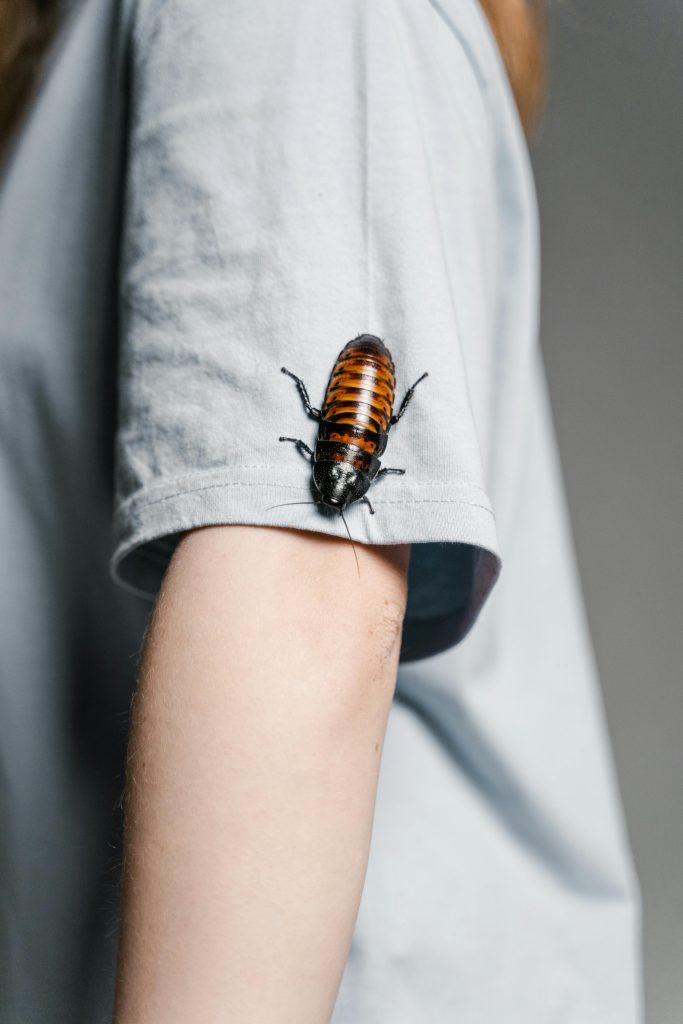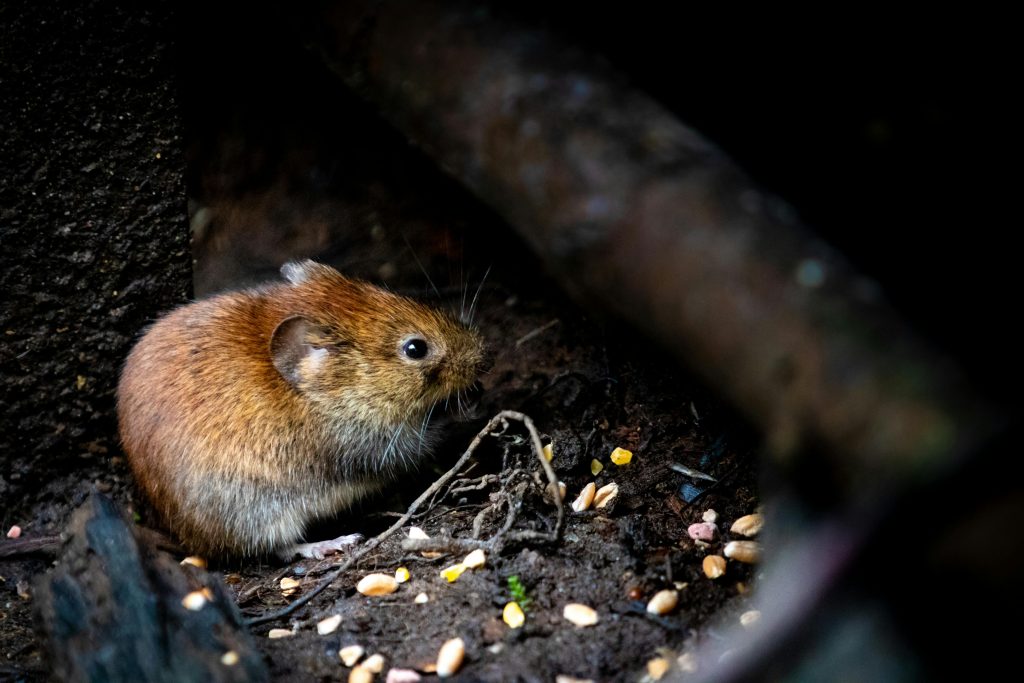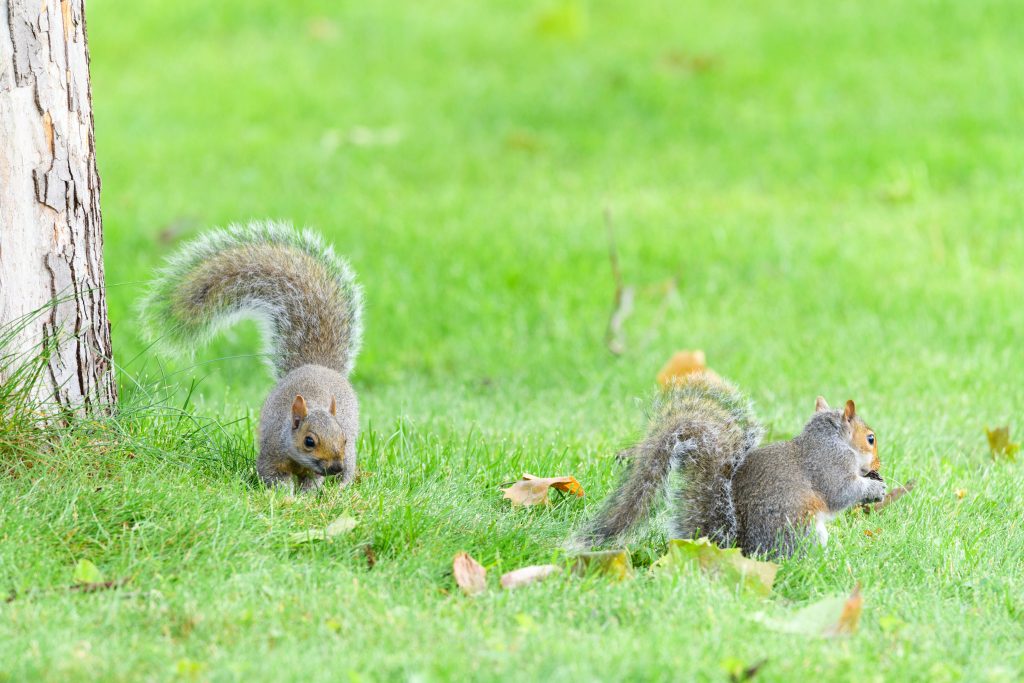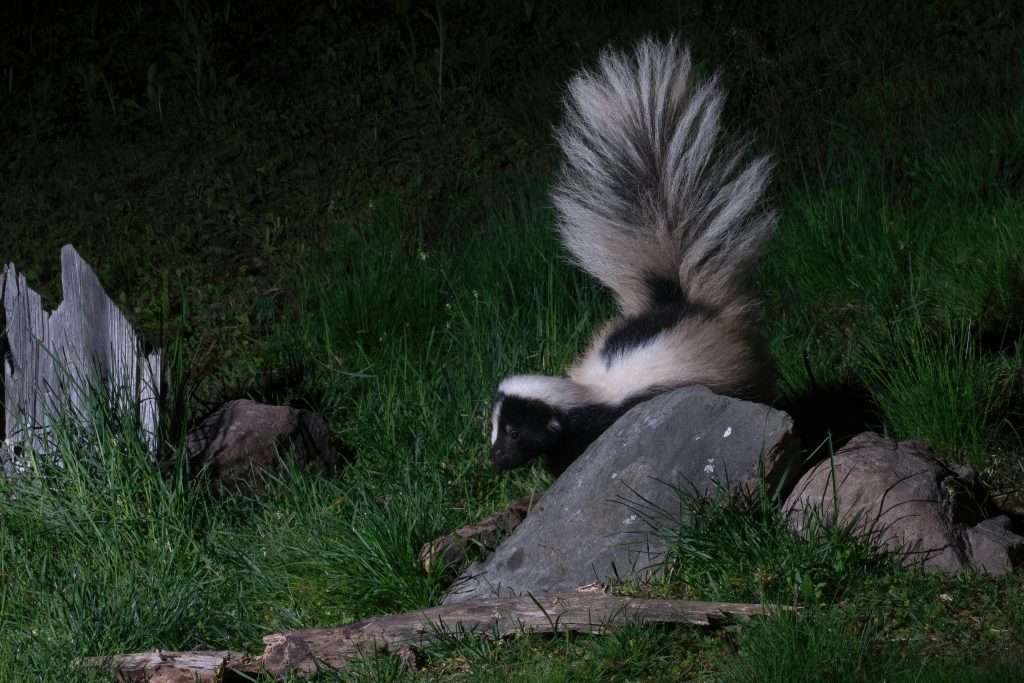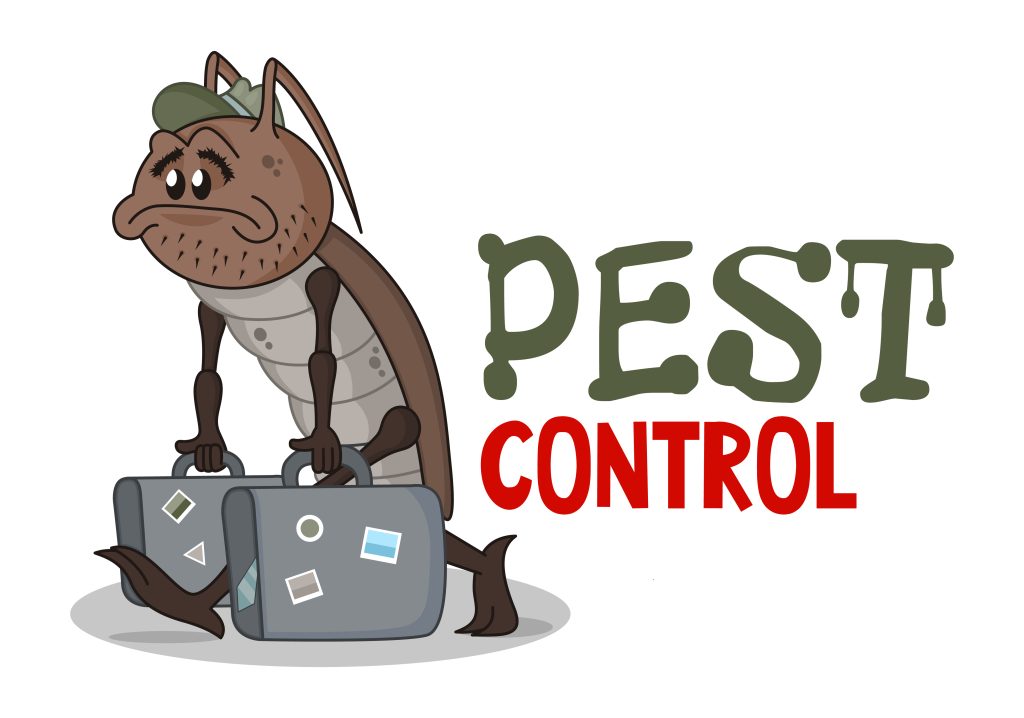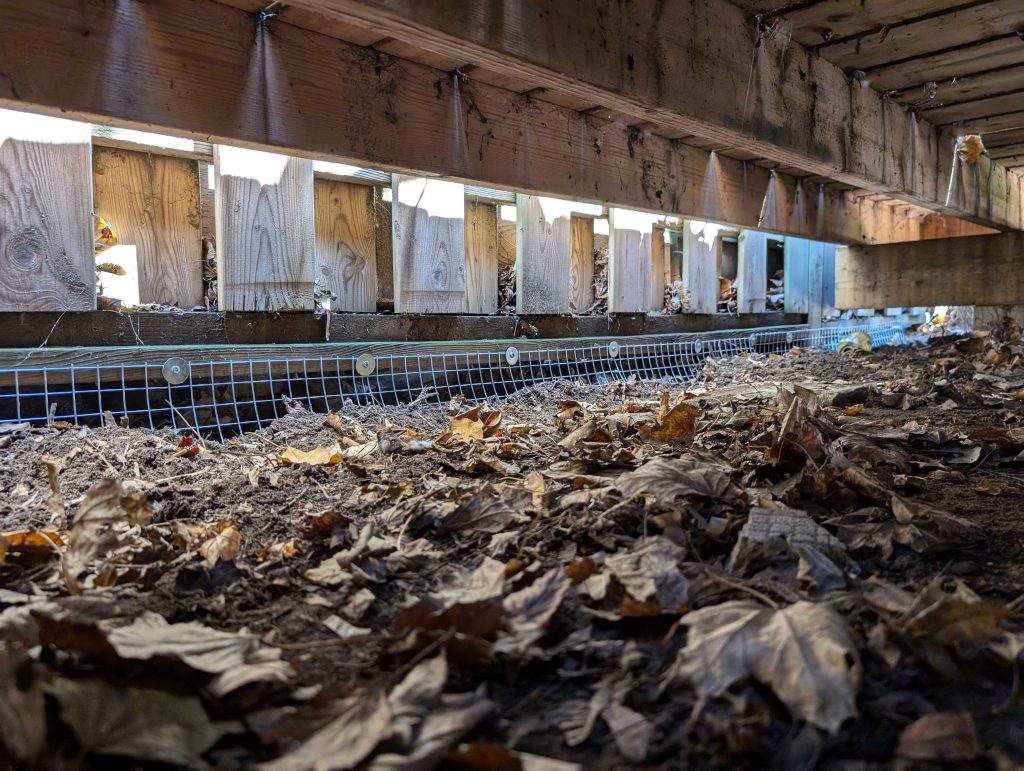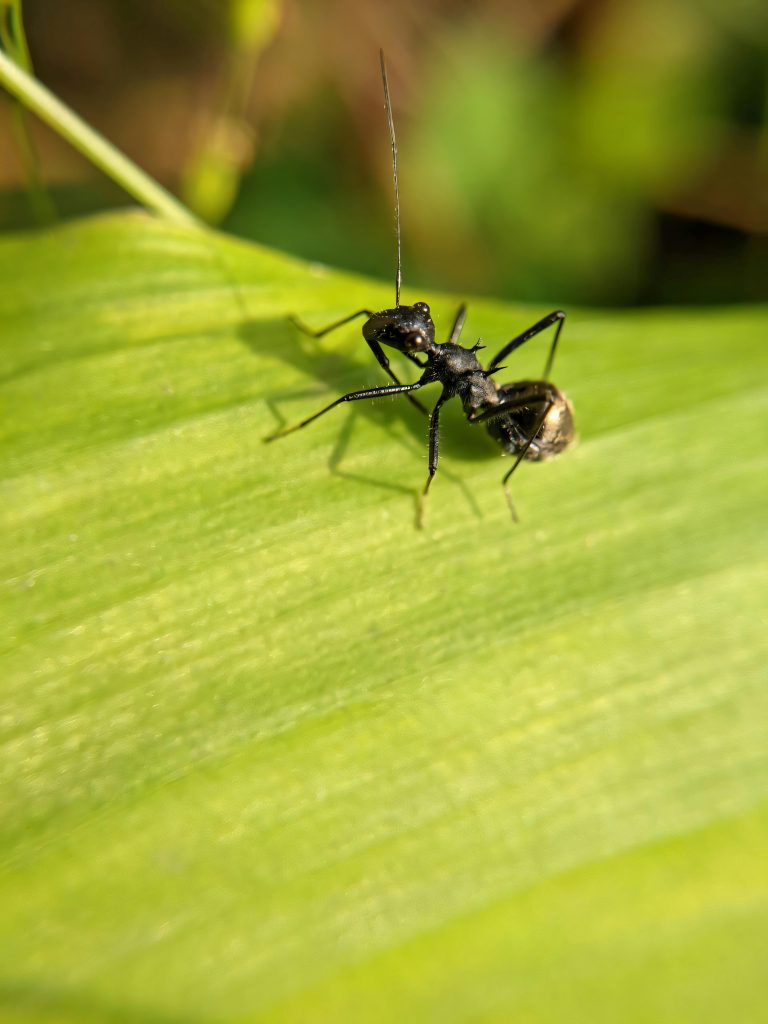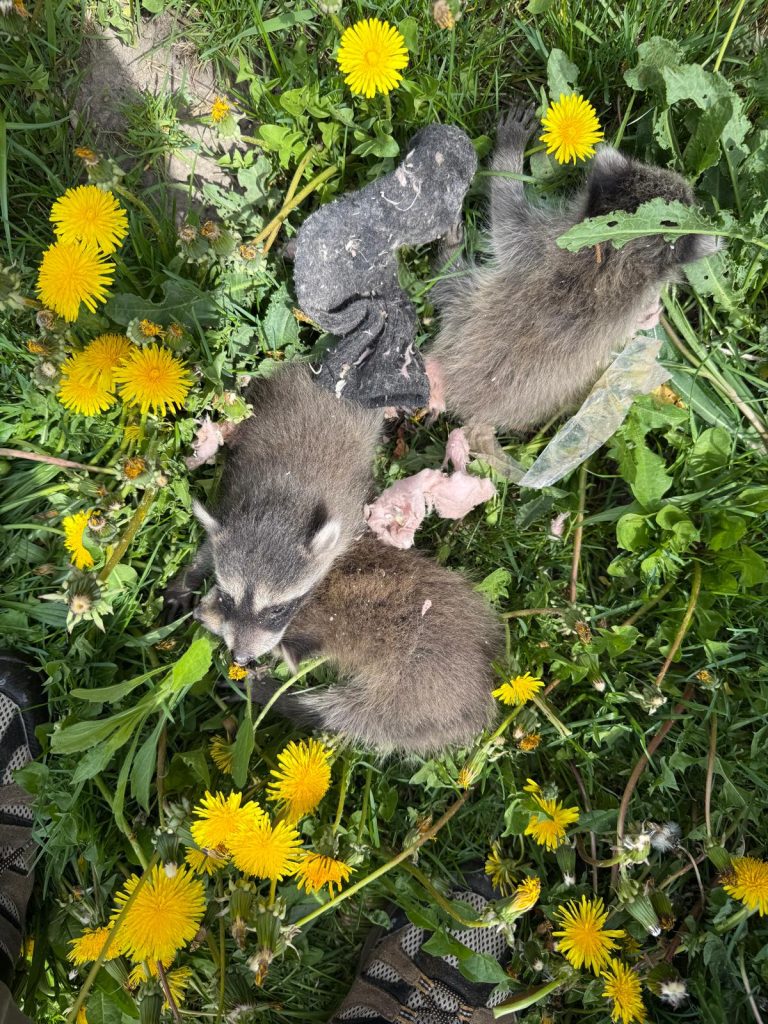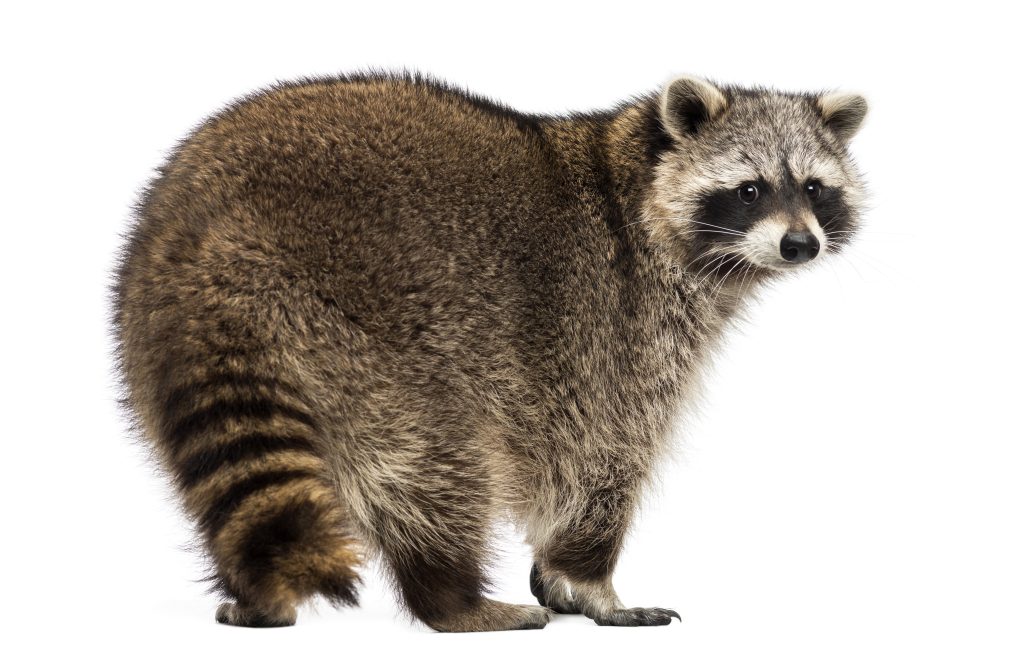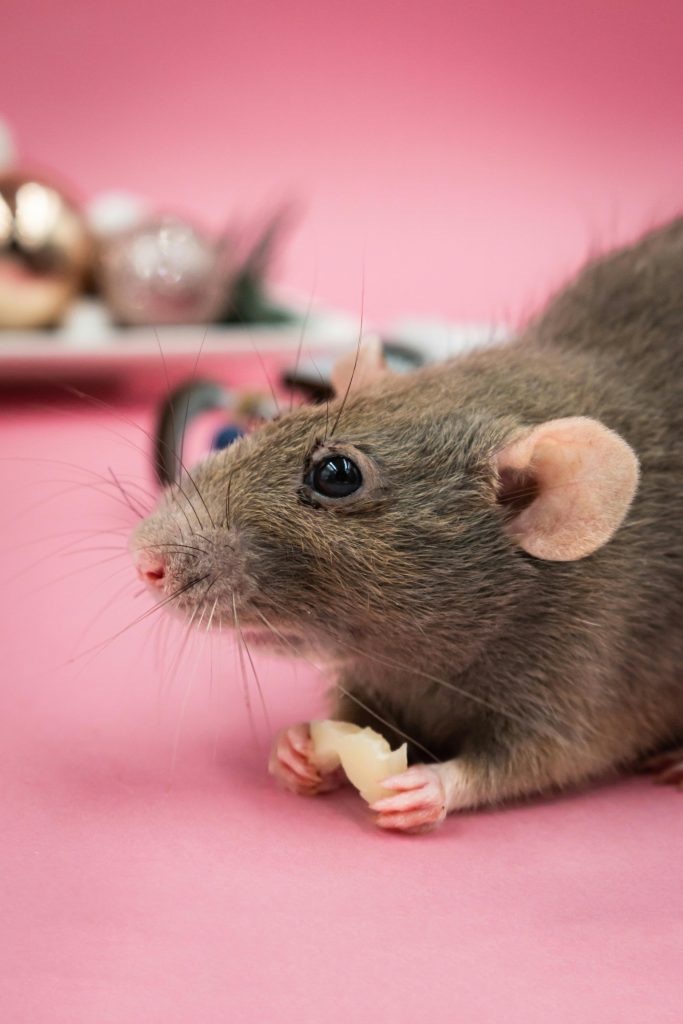
Rats are among those common pests whose presence has been very common in homes, gardens and in urban areas. They become very active when the sun goes down and seek shelter, water and food. To avoid their severe infestation, it is crucial to figure out what does a rat like to eat at night. Their night-time feeding behaviours can help you a lot to put control on their population. We shall discuss what does a rat like to eat at night and how you can prevent their entrance around those areas.
Insights about What Does a Rat like to Eat at Night
Rats have a nocturnal nature, and they tend to forage in subdued dark places. They like consuming grains, fruits, vegetables, seeds, and nuts. They are also not picky and instead will take leftover food, pet food, or food with a pungent smell. Plus, they also usually seek crumbs or pieces of garbage in the city. They can locate food easily, even at a distance, by their keen sense of smell.
You can prevent them from getting near food by storing them tightly and adequately closing the waste bins. Knowledge of what rats prefer to feed on during the night helps in ensuring homes are clean and safe against rat and mice control.
Surprising Facts About Rat Feeding Behaviour and Habits
1. Rats Eat More Than Just Scraps
When knowing what does a rat like to eat, remember that these pests are not picky eaters. Though most people think that they live on rubbish, in fact they are fed on grains, fruits, seeds and even minute insects. Their flexible diet enables them to live in any place, whether in a city house or a farm.
2. Night-time Is Their Favourite Dining Hour
At night, rats like to eat when they can hear and see nothing. This night-time way of living keeps them away from trouble with predators as well as man. They can find food even in total darkness or the shadowy areas due to their developed sense of smell.
3. They Taste Food Before Fully Eating It
Rats are cautious feeders. To determine whether food is safe, they tend to bite little chunks first. If it does not hurt, they come back to more. This intelligent action helps them to shun toxins and stale foodstuffs in hazardous surroundings.
4. Rats Store Food for Future Use
Rats have a habit of caching food that they will consume later. They can plan and survive, as revealed in this hoarding habit. It makes sure that they always have food to eat when there is a food shortage or when the conditions are unfavourable.
Common Signs of Rat Activity During the Night
Most of the time, the rats are most active at night and therefore direct sightings are rare. Instead, you can notice them by the slightest indications. Hear scratching, squeaking or gnawing in the walls or ceilings. Search around food places, gnash marks on plastic, wood or electric cables and dark grease trails along common routes. Pets can also be suspicious and will bark or stare at something that is not there.
When these signs appear, it is usually an indication that there are active rats around. It is essential to act promptly; rats reproduce very rapidly, and even a minor issue can grow out of proportion. The use of professional rodent control in Vaughan is also a good idea to save the day and win the war before it is too late to cause damage.
Smart Ways to Prevent Rats from Feeding at Night
After knowing what does a rat like to eat, now it’s time to learn how to prevent them from feeding at night. Let’s talk about few important measures below:
Sealing all Possible Entry Points
Check inside your house and detect cracks, holes, or any gaps around the doors and windows, the vent and utility pipes. Close them with steel wool, caulk or metal mesh. Rats can sneak through small holes. By destroying such openings, you have a high chance of not allowing rats into your home.
Store Food Properly
Try to store all food materials in well-crafted metal or glass containers with close-fitting lids. Do not leave pet food, grains, or snacks in open packages. By depriving rats of ready sources of food, you make the home much less appealing to foraging rats during the night.
Disposing of the Waste
Tight-fitting lid garbage cans should be used and lined with heavy-duty bags. Empty them often and do not leave waste at home or in the street. Rats become attracted by the odour of rotting food, and thus good waste management is essential to prevent this.
Trim Vegetation
Prune shrubs, vines and tree branches that are in touch with or near your exterior walls and roof. Thick shrubs provide easy shelter to rats and a pathway to your house. Maintaining the cleanliness of your landscape will reduce places to conceal and deter its infestation.
FAQs: Common Questions People Often Ask
- At what time do rats tend to come out at night?
The rats are generally active during the evening hours, 8 p.m. to 4 a.m., when people have gone to bed, and they feel safe to go foraging in the dark.
- What are the favourite foods of rats?
Rats adore grains, fruits, nuts, scraps of meat and pet food. Their favourite night-time snacks consist of sweet or greasy leftovers around the households and trash heaps.
- Can rats see in the dark?
Rats possess inadequate vision but use a lot of their whiskers, smell, and memory to find their safe way in the dark and find their favourite food paths.
- Why do rats most actively act at night?
Darkness is a shelter against predators and man. The low weather and silence of the surrounding situations would enable the rats to explore and feed at their will during the night.
Don’t Let Rats Rule the Night! Call North Star Pest Control Today!
Stop losing sleep to unwanted night-time guests! North Star Pest Control specializes in safe, effective rat removal and prevention. Our expert technicians locate nests, seal entry points, and protect your home from future infestations, day or night. With eco-friendly treatments and guaranteed results, we help restore peace, safety, and comfort to your home. Don’t wait until the scratching gets louder. Call us today and let the professionals handle your rat problem for good!


